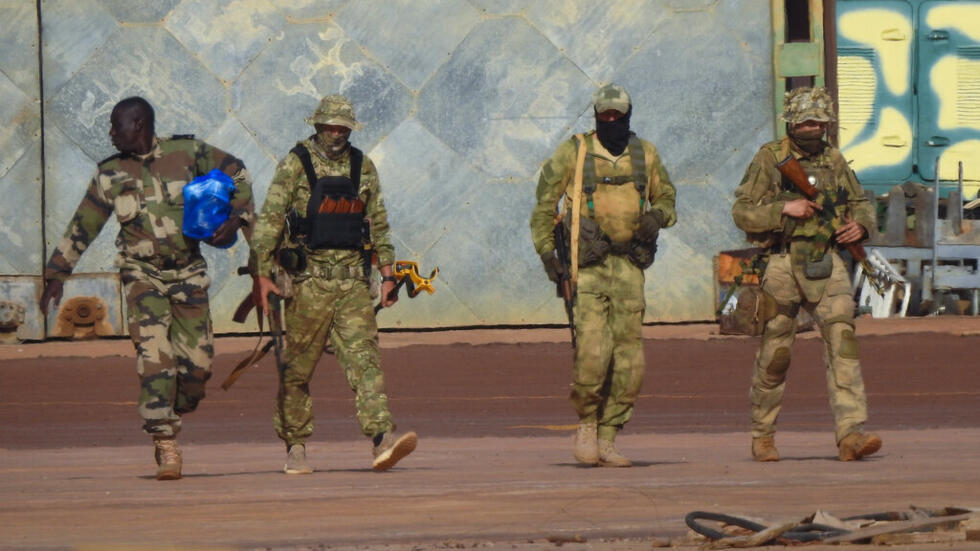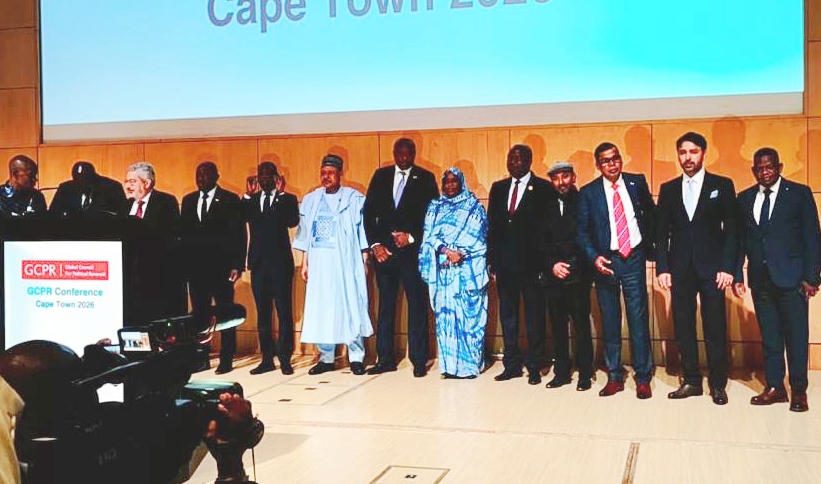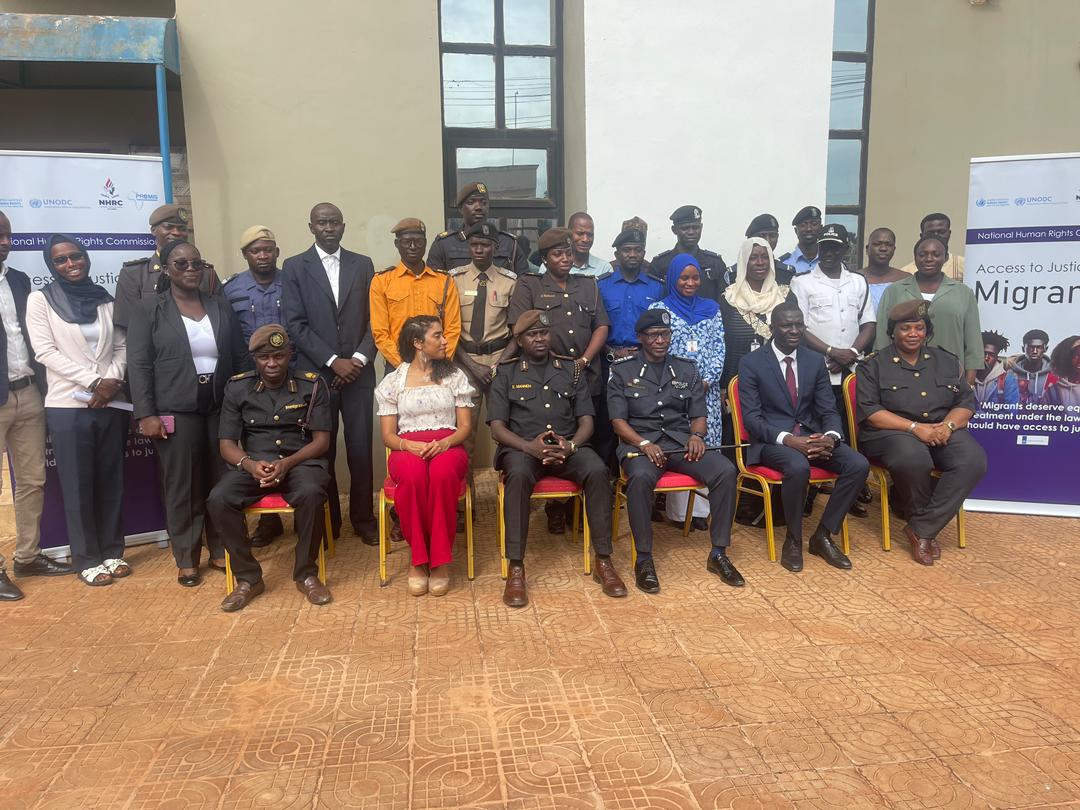Gambiaj.com – (BANJUL, The Gambia) – In a significant effort to address the hurdles migrants face in accessing justice, the National Human Rights Commission (NHRC) has initiated a four-day training program for law enforcement officers from various security institutions.
The training commenced on Tuesday bringing together 25 security personnel from the Gambia Police Force, Gambia Immigration Department, State Intelligence Service, Gambia Prison Service, Drug Law Enforcement Agency, Gambia Armed Forces, and the National Agency Against Trafficking in Persons (NAATIP).
The primary objective of the training is to elucidate the meaning and importance of migrants’ right to access justice, addressing their specific needs and outlining the essential elements of a fair, humane, and efficient criminal justice system grounded in the rule of law.
In his welcoming remarks, Mansour Jobe, Director of Legal and Investigation at NHRC, emphasized the convention that guarantees fundamental rights for everyone without distinction. He noted that The Gambia is a party to several regional and international treaties, including the International Convention on the Protection of the Rights of Migrant Workers and Members of Their Families. Jobe highlighted that access to justice is a basic principle of the rule of law, stating, “In the absence of access to justice, people are unable to have their voice heard, exercise their rights, challenge discrimination, or hold decision-makers accountable.” He extended his gratitude to the Office of the High Commissioner for Refugees (OHCR) for supporting the initiative.
Speaking on behalf of the Director General of the Gambia Immigration Department, Commissioner Ebrima Manneh underscored the training’s significance, reaffirming the commitment to ensuring that every individual, regardless of origin, is afforded equitable access to justice and legal protection. Manneh reiterated that the training represents a significant milestone in enhancing their collective capacity to uphold and promote the rights of all individuals, irrespective of their nationality or legal status.
Commissioner Manneh commended the NHRC for their proactive leadership in facilitating the essential training and fostering an environment where migrants are treated with dignity. He reminded participants of the systemic challenges migrants face, urging them to recognize and dismantle these barriers to create frameworks that facilitate fair treatment for all individuals. He added that the knowledge and skills acquired from the training would empower security officers to become catalysts for change within their respective agencies and communities.
Lena Reguigui emphasized the protection of migrants, noting that despite existing legal frameworks such as the National Migration Policy and the National Mechanism, significant gaps persist. She revealed that in recognizing these challenges, the OHCR, in solidarity with the NHRC, has offered support to provide essential knowledge for migrants’ rights, access to justice services, and other critical areas.
Ebrima Bah, Assistant Inspector General of Police (AIG), remarked on the timeliness of the training, given the increasing cases of human trafficking and migrant smuggling in The Gambia. He explained that The Gambia is both a source and a transit point for migration to Europe and other destinations, as well as a destination for many migrants from the sub-region seeking better opportunities. AIG Bah highlighted that through concerted efforts by the Gambia Police Force, GID, other security agencies, and stakeholders, significant progress has been made in reducing incidents of human trafficking via land, sea, and border.
He stressed that while migrants are within the borders of the country, they need protection and security as per international standards, and security agencies are obliged to facilitate their access to justice and legal protection. AIG Bah commended the NHRC and implored participants to utilize the knowledge gained to protect migrants from abuse and exploitation, ensuring they have the opportunity to be heard and access justice when necessary.










